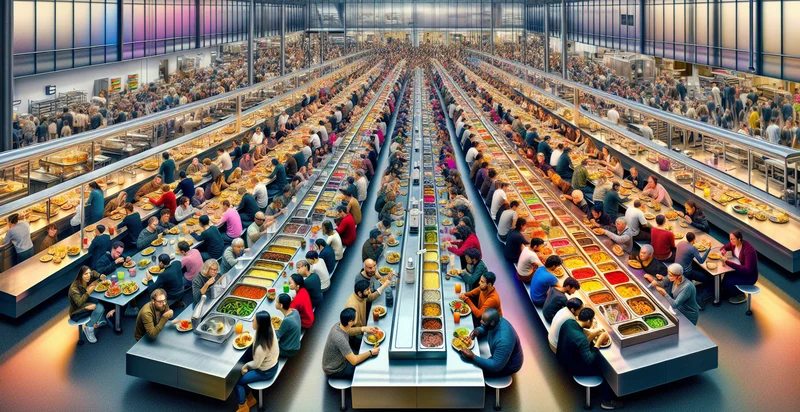Identify the number of people in a photo
using AI
Just upload your picture, and our AI tool will tell you how many people are in the photo.

Works best when the person is facing the camera. Watch for people in the background. Will identify non-human faces as well (ex: doll). Does not work for very large scenes.
Contact us for API access
Or, use Nyckel to build highly-accurate custom classifiers in just minutes. No PhD required.
Get started
import nyckel
credentials = nyckel.Credentials("YOUR_CLIENT_ID", "YOUR_CLIENT_SECRET")
nyckel.invoke("number-of-people-in-photo", "your_image_url", credentials)
fetch('https://www.nyckel.com/v1/functions/number-of-people-in-photo/invoke', {
method: 'POST',
headers: {
'Authorization': 'Bearer ' + 'YOUR_BEARER_TOKEN',
'Content-Type': 'application/json',
},
body: JSON.stringify(
{"data": "your_image_url"}
)
})
.then(response => response.json())
.then(data => console.log(data));
curl -X POST \
-H "Content-Type: application/json" \
-H "Authorization: Bearer YOUR_BEARER_TOKEN" \
-d '{"data": "your_image_url"}' \
https://www.nyckel.com/v1/functions/number-of-people-in-photo/invoke
How this classifier works
This classifier usings a Nyckel-created function and dataset to identify the number of people in the photo. The response will be, "No faces", "1 face", "12 faces", and so on. It uses a multi-model approach, first using a Nyckel classifier to identify whether there's a person, then using Nyckel's object detection tool to count the number of faces in the photograph.
Related Classifiers
Need to identify the number of people in a photo at scale?
Get API or Zapier access to this classifier for free. It's perfect for:
- Retail: Count men and women in stores. Optimize staffing levels based on foot traffic patterns.
- Gender Detection: First detect people in a photo and their count, then identify their gender so you can then count the number of men and women separately.
- Event Management: Track attendance of men and women at concerts. Improve crowd control measures for future events.
- Public Transportation: Measure passenger volume on buses. Adjust scheduling to meet peak demand times.
- Museums: Analyze visitor flow through exhibits. Redesign layouts to prevent congestion in popular areas.
- Fitness Centers: Determine equipment usage rates. Invest in additional machines for high-demand workout areas.
- Security: Detect unauthorized gatherings in restricted areas. Alert personnel to potential security breaches.


